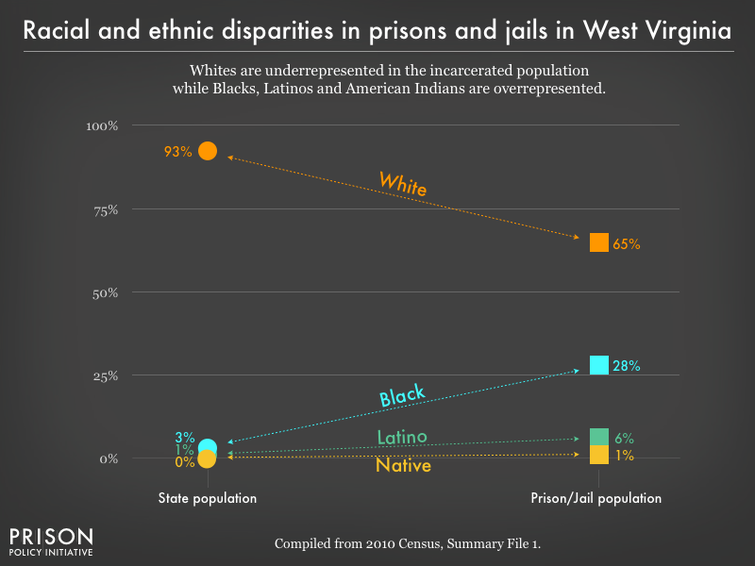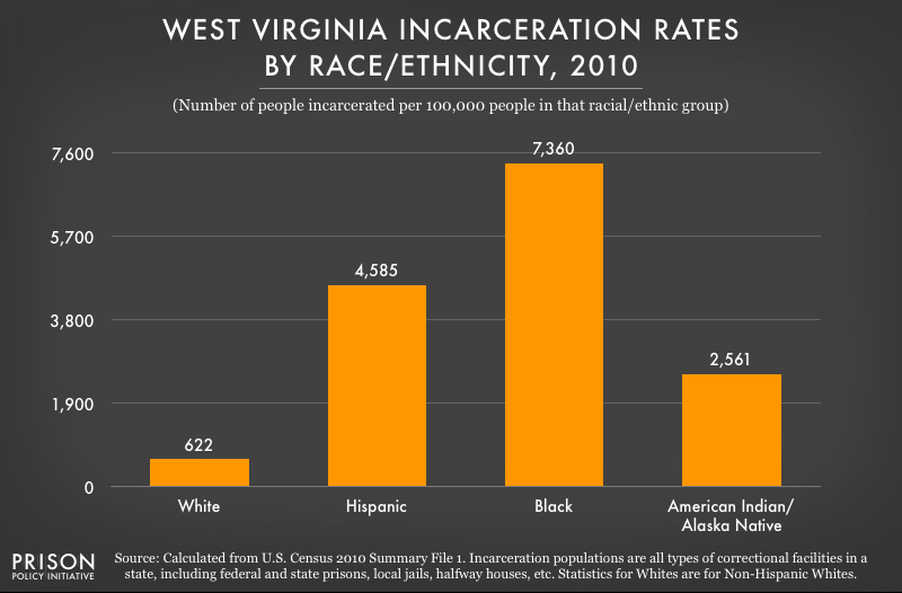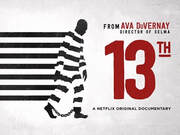This is the story of a group of people who over the past 400 years have fought for their rights and equality and are still struggling to gain an equal footing in the 21st century. The institution of slavery and its successive forms of oppression, including the Jim Crow Laws, still have an impact on American society today. From our public schools where students of color are too often confined to racially isolated, underfunded, and inferior programs, our criminal justice system that excessively targets and incarcerates people of color and criminalizes poverty, and the segregated world of housing. Today, we need to understand our history and recognize our learned bias to fight for change in our society.
Why it is hard to trace history
Research on enslaved people is difficult because in southern states it was illegal for enslaved people to learn how to read and write. White slaveowners documented slavery and had control over naming their slaves. If there are mentions of names, they can be found in the owner’s papers, wills, or estate sales. Evidence of slaves can be found in property tax records prior to 1850, but as property, names were not included. Slaves were grouped by age and children under 12 were not counted. In the 1850 and 1860 Censuses enslaved people were counted, but only their race, gender, and age were included. When slavery was abolished, newly-freed people who took new last names chose them for a variety of reasons, this makes connecting last names to first names difficult.
Voter Suppression
Suppression of black voters began as soon as African Americans gained the right after the Civil War. Intense racial violence by white supremacists and later legislation prevented African Americans from voting. Many of these laws were overturned in the 1960s but were slowly reintroduced under new names. After a record turnout in the 2008 presidential election, more than 30 states, including West Virginia, introduced voter suppression legislation. Laws restrict when and where people can vote and limit ways people can register which disproportionately targets low-income populations and people of color. This suppression is now masked within voter fraud laws despite a 2000-2014 study finding only 31 cases.
The New Jim Crow: Mass Incarceration & The School to Prison Pipeline
After emancipation, African American men were arrested in large numbers for minor crimes that resulted in long prison terms. These men were forced to work in prison crews for no wages, perpetuating the system of slavery. In 1971 Nixon started the War on Drugs that targeted communities of color. Today, 1 in 3 African American men are imprisoned in the U.S. Felons, once released, are denied basic civil and human rights including the right to vote and serve on juries. They suffer legal discrimination in employment, housing, education access, and public assistance benefits.
The U.S. education system is set up so that students of color are more likely than their white peers to be suspended, expelled, or arrested for the same kind of conduct in schools funneling them into the school to prison pipeline. Suspended and expelled children are often left unsupervised and can easily fall behind leading to a greater likelihood of dropping-out and later imprisonment.
The U.S. education system is set up so that students of color are more likely than their white peers to be suspended, expelled, or arrested for the same kind of conduct in schools funneling them into the school to prison pipeline. Suspended and expelled children are often left unsupervised and can easily fall behind leading to a greater likelihood of dropping-out and later imprisonment.
Oral History Project
|
The Greenbrier Historical Society has been collecting peoples stories as part of this exhibit. Listen to some of them here:
|
If you or someone you know wants to share your story e-mail us at [email protected] and we can schedule a time to capture your story! This can be done in person or over the phone.
Recommended Resources
|
Filmmaker Ava DuVernay explores the history of racial inequality in the United States, focusing on the fact that the nation's prisons are disproportionately filled with African-Americans.
|
|
|
|




